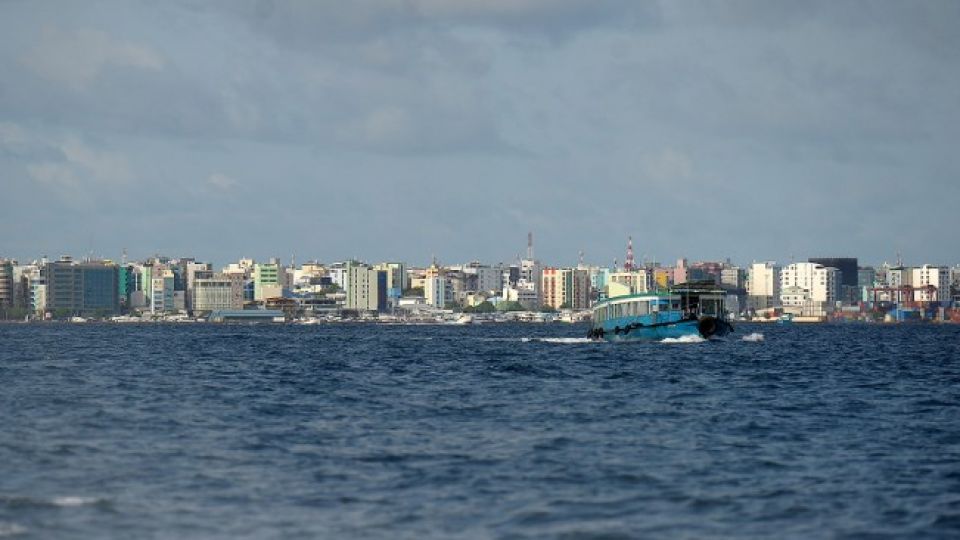September 25, 2018
The Maldivian election was watched closely as an indicator of China’s growing influence in the Indian Ocean region.
Maldives strongman Abdulla Yameen’s hopes for a second presidential term were dashed on September 24 with opposition candidate Ibrahim Mohamed Solih defeating him in the country’s elections.
After a months-long sweeping crackdown on the opposition and a brief state of emergency imposed by the autocratic Yameen, the election on September 23 was preceded by a bitter campaign during which opposition leaders frequently accused the ruling regime of rights abuses and oppression.
Several independent news websites reported that after the counting of a majority of the votes, Solih had won more than 58 per cent of the votes to 41 per cent for Yameen. Hours after the emergence of the informal results, Yameen conceded defeat to Solih during a televised news conference, saying: “Maldivian people have decided what they want. I have accepted the results from yesterday.”
With Yameen conceding defeat, doubts dissipated about another spell of uncertainty in the Indian Ocean nation of 26 coral atolls and 1,192 islands that has witnessed an intense competition for influence between China and India.
Earlier, Solih, the 54-year-old chosen as the candidate of a united opposition front after former president Mohamed Nasheed bowed out of the race in June, declared victory and said his priority would be uniting the country.
Transparency Maldives, an anti-corruption non-governmental organisation that acted as an observer during the elections, tweeted Solih had won “by a decisive margin”. Long lines of voters were seen in the country where voting was extended for up to three hours.
Yameen was consistently backed by China, which even sent a naval force towards the Maldives after the president faced mounting international pressure for his crackdown on dissent at the start of the year.
China had reportedly been hoping to secure a naval base in the Maldives as its maritime routes are crucial in bolstering Beijing’s influence in the Indian Ocean region. After joining the ambitious One Belt, One Road project, the Maldives received about US$2 billion in loans.
Beijing’s growing role in Male, which thrives on tourism, triggered fears of the archipelago becoming the site for a showdown between Beijing and New Delhi, which sees the Indian Ocean nation as within its sphere of influence.
While Yameen favours closer ties with China, Solih favours China’s economic rival India. Solih, who was fielded by the joint opposition comprising the Maldivian Democratic Party, Jumhooree party, Adalat party and a faction of the ruling Progressive Party of Maldives, is well known for his reform efforts. But for most of his political career as a lawmaker since 1994, he has kept maintained a low-profile.
Solih will have to take on the major task of keeping the opposition parties together, rebuilding the fragile democracy in the Maldives and strengthening the institutions to prevent political uncertainty in future.


